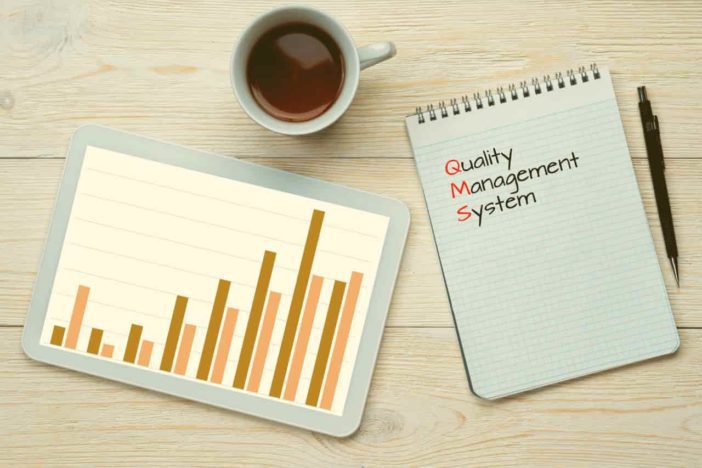Many organizations utilize quality management systems to help ensure they match certain standards. These standards can be required across your industry, in your geographic region or country, or internationally. Here are five facts about quality management systems.
1. Their Importance
A quality management system (QMS) provides you with a basis for standardizing the quality of your products, communications, and workflows. You can use an existing system or develop your own. However, you must make sure your system allows your organization to meet international, regional, national, or industry standards, depending on what industry you’re working in. For example, Advisera ISO 9001 is a system of standards that ensures your quality management will match internationally recognized quality requirements.
2. Common System Elements
There are many elements all or most QMS have in common. While there are differences depending on your specific needs and the abilities of the system you utilize, all QMS needs to help you strategize, focus on customers and employees and allow you to manage communications. Many quality management systems also contain elements such as integration capabilities, process management, continual improvement, and fact-based decision making.
3. Benefits
Using a quality management system provides you with two main benefits: meeting the needs of your customers and meeting the requirements set forth by or for your organization. Being able to meet the needs of your customers helps you improve customer engagement and build trust between your organization and your new and existing customers. Meeting organizational requirements helps you ensure your organization follows industrial, national, regional, or international standards and regulations.
4. Industries That Commonly Use Quality Management Systems
A quality management system can be implemented in any industry or for any organization, but some industries utilize them more than others and larger organizations tend to need them more than very small ones. Industries such as banking and other financial industries, food production, medical care, and various manufacturing industries must incorporate quality systems to ensure the safety, cleanliness, standardization, and longevity of the end product or service. Without these systems in place, there would be no or very few industrial standards or ways to enforce those standards. This would make the products or services provided by these industries risky to use due to outdatedness, safety concerns, and differences across regions.
5. Processes
According to the FDA, there are seven types of process subsystems that all quality management systems should include. You should focus on design control, management control, material controls, facilities, and equipment management, and records management. Several other processes are also typically included. These processes usually relate to sequencing, certification, workflow organization, and compliance systems. They include preventive and corrective processes, order processing, audits, quality control, purchasing, and identification processing, product, service, and product planning, and measurement and calibrations.
Quality management systems are helpful because you can’t always manually ensure standards are met. You may need to abide by several different sets of standards, depending on the size of your company, your industry, and whether you operate from one geographic location or more than one.





